For a new way of reaching readers and selling your books, radio presenter and audio expert Viv Oyolu recommends audio interviews. Here she shares her expertise on how to produce them and use them to best effect.
As we come to the end of the year, one thing that has stood out for me in the publishing industry is the shift away from ‘pushing’ – putting everything in front of everyone and getting them to bite – i.e. broadcasting, to more ‘pulling’ – attracting the right people into your tribe to get to know and like you and become your fans and advocates. Authors now need to look for different ways to engage with existing and new readers is key.
The Power of Radio
As a radio presenter who has interviewed over 300 guests, including authors, I know and understand the power of audio. An audio interview is one significant way authors can differentiate themselves and connect with listeners, showing different aspects of who they are and or of their book in a different way than the written word does.
That said, it’s not enough to secure a spot on a radio or podcast show because they have a large listenership, but to understand the value each one offers them and their book. Otherwise, it’s just a ‘nice’ conversation or interview without being able to leverage that opportunity.
This is key. Let me explain in more detail.
How to Plan An Audio Interview
I mentioned earlier there’s a shift towards pulling readers into your tribe and ensuring they become loyal fans and your strongest advocates. You can use your audio interviews as one way to achieve that by planning them in line with your overall marketing strategy. Ask yourself the following:
- What is/are the theme(s) of my book?
- Which niche audience(s) will be interested in hearing about the theme/themes of my book?
- Where does this audience(s) hang out online?
- Which radio/podcast shows share this niche audience?
- How can I reach them?
For example, if you’ve written a thriller with a touch of royalty based in Spain, there are three themes to your book: A thriller, Royals & Royalty and Travel in Spain. When you’ve spent some time doing this, you have a clear idea of how much time you need to spend time looking for shows that fit your themes.
Thanks to iTunes and other podcasting platforms, there are a number of independent broadcasters who are good and offer value. You are no longer only reliant on traditional media to promote your book. You can pick carefully where your message goes and who can help get it to the right audience: people who will become your fans and advocates.
When you’ve taken the time to select the right fit for you, your book and brand, you are pulling and attracting the right fans to your tribe/community a lot more easily than if you were broadcasting at them.
How to Find the Best Platform
To select the right host, here are a few questions to ask:
- What’s their interview style? Direct, relaxed, conversational or not
- Does the interview style suit you, your book and brand?
- Will you be able to promote the interview outside of their platform?
- Are you able to make contributions/suggestions to the area(s) you want to focus on during the interview?
- How long is the show for? How long are you comfortable talking about your subject matter for?
Listen to their previous interviews so that you can make informed decisions on which platforms will work for you. Go with your instinct: if you instantly feel yes or no, let that guide you through the rest of the questions. I haven’t included size of listenership because the key is to be listened to by the right audience; the size of the listenership should be secondary.
How to Approach the Host
For some people, approaching a host can be a daunting and uncomfortable experience, but knowing what you have to offer is valuable and entertaining to their audience should give you the confidence you need. This is why it’s important taking the time to plan and outline your campaign before you start this process.
Most hosts have an email contact address to reach them, and I suggest writing bespoke emails to each one. Here are a few things to note when writing an email:
- Make sure you know the host’s name and address your email to them. Starting with ‘Hi there’, when it’s clear on the website who the host is, demonstrates you haven’t taken the time to research them or their show. I know this sounds basic, but it’s key.
- Be clear of the value you offer – what you want to talk about, and how their listeners will benefit from having you on the show. This also translates to – ‘Make sure there’s a synergy between you, your book and their show’. So for instance, if your book is a thriller, a podcast that focuses on thrillers is the type of audience you want to attract. As a host, there’s nothing worse than being approached by people who have not taken the time to find the focus of the show.
- Refer to a previous show you listened to, and if something in particular appealed to you during that interview, mention it. This gives you a reference point during further conversation.
How to use your audio interviews
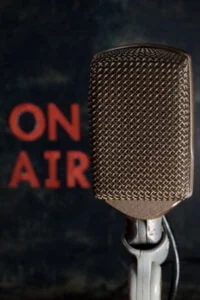 Make the most of the time you’ve invested in your audio interview by repurposing your content and using it in different ways.
Make the most of the time you’ve invested in your audio interview by repurposing your content and using it in different ways.
The main reason you have outlined different themes of your book, is so you can offer different interviews talking about different aspects of you and the book, so you ‘pull’ more people into your community. With the example mentioned earlier, you’ve three different podcast interviews, one focused on writing thriller books, another on travel within Rome and a third talking about Royals and royalty and how you researched for your book, and or perhaps comparing royals across the continent.
Each of these interviews can be edited to soundbites and used to:
- Provide teasers to drive traffic to your website from your social media platforms
- Create competitions for your fans as a give away or to contribute to your next book
- Approach online or offline publications offering to write a guest blog or feature article. A 1-2 minute sound bite from your interview gives the editor a good idea of tone of voice and makes it easier for them to say yes or no.
These are just some examples of what’s available to you when you plan strategically to use audio interviews. While they are PR opportunities, you should also see them as tools to extend your marketing efforts in 2015.
 OVER TO YOU If you've tried this approach to raise awareness of your books, we'd love to hear from you! And if you have questions for Viv, please don't hesitate to ask.
OVER TO YOU If you've tried this approach to raise awareness of your books, we'd love to hear from you! And if you have questions for Viv, please don't hesitate to ask.
EASY TWEET “#Authors: how to use audio interviews to reach more readers – fab advice by @Viv_Oyolu: https://selfpublishingadvice.org/audio/ via @IndieAuthorALLi”

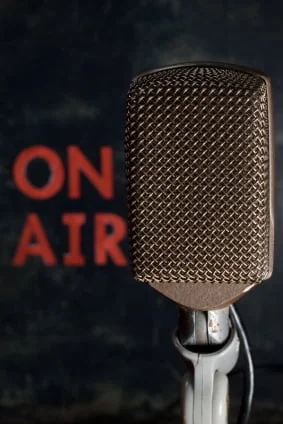
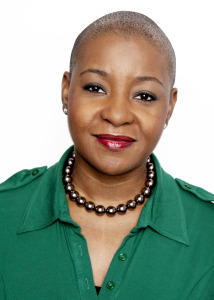

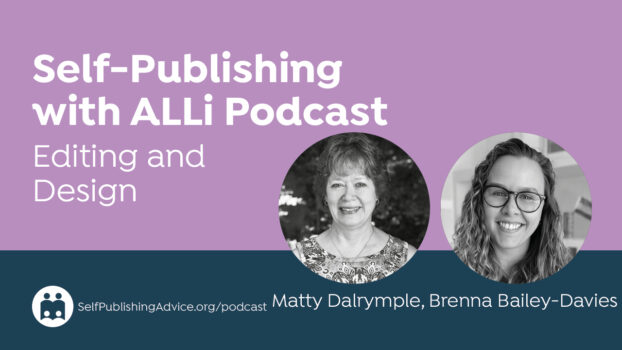
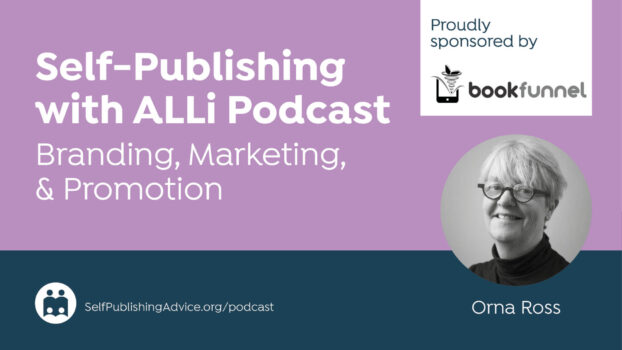
[…] Read our Article: Reaching Readers via Audio Interviews […]